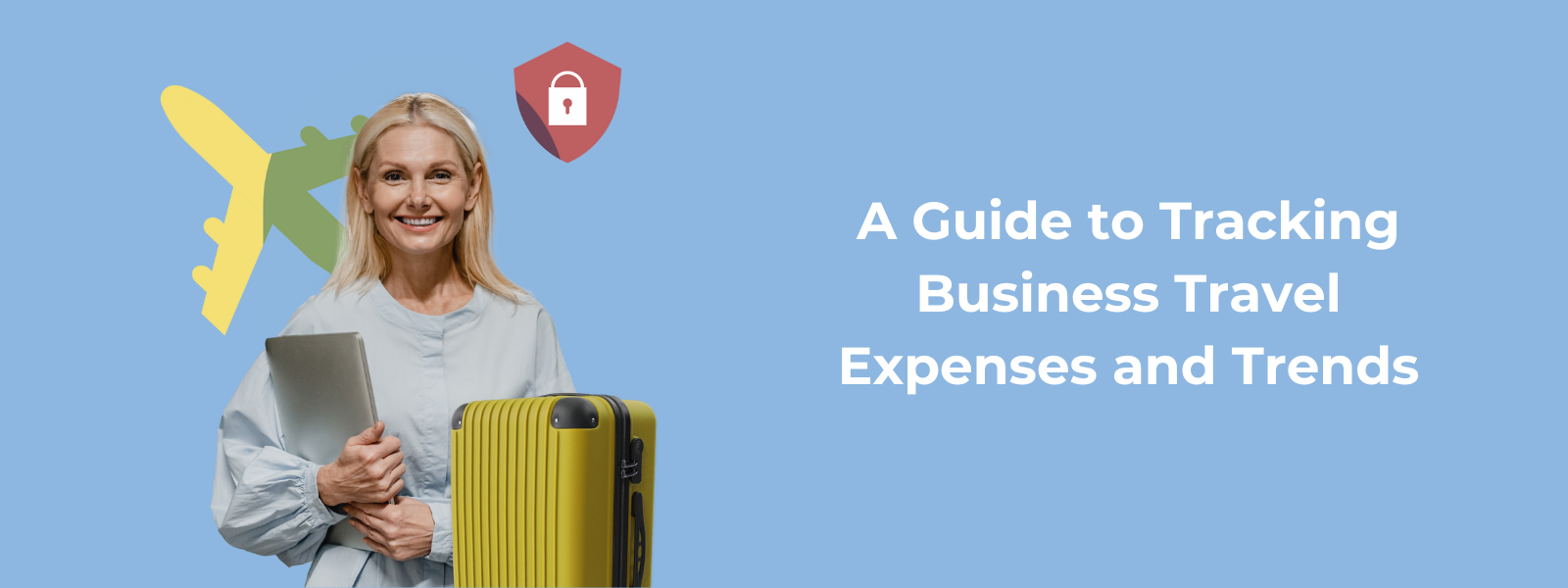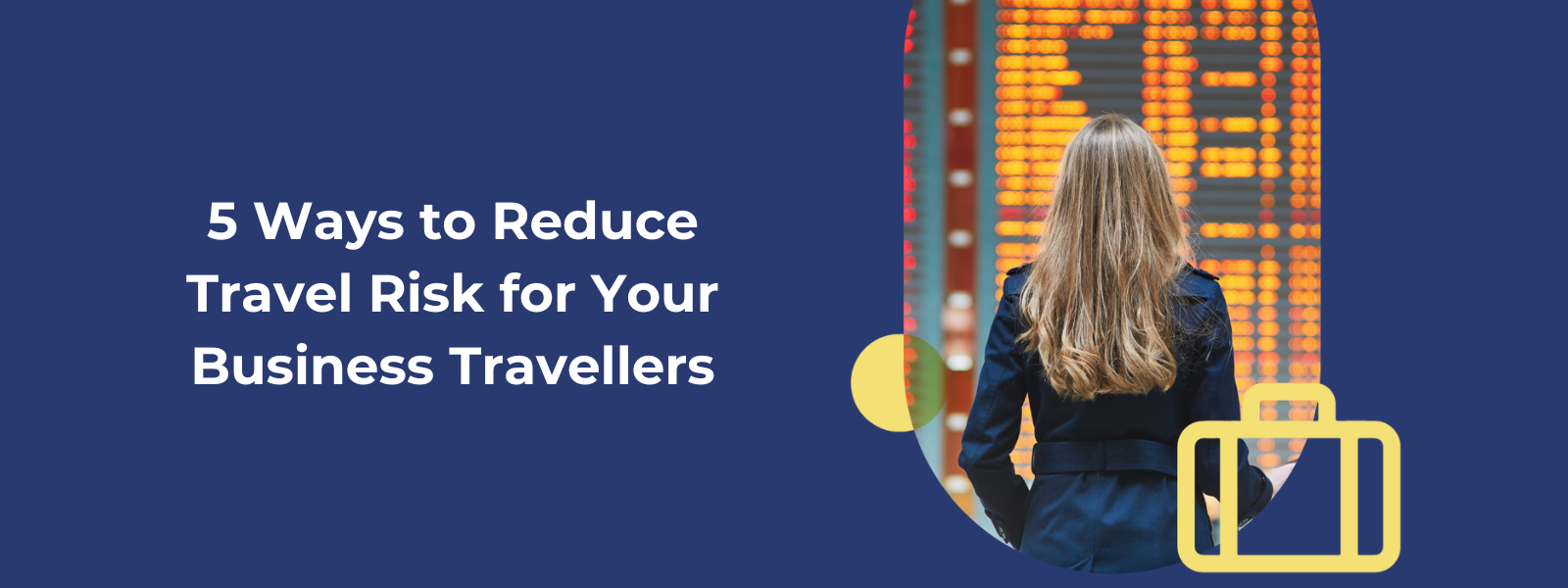Managing travel efficiently is crucial for companies looking to maintain a competitive edge. Business travel is not just about getting from point A to B; it encompasses a multitude of factors, from budgeting and planning to tracking expenses and analysing trends.
Understanding how to monitor business travel expenses and identify patterns can significantly impact a company’s bottom line and improve overall travel management.
This guide provides insights into effectively tracking business travel expenses and trends to optimise your travel programme.
The importance of tracking business travel expenses
Tracking business travel expenses is essential for several reasons:
- Budget management: understanding travel expenses allows companies to create accurate budgets, avoiding overspending and ensuring resources are allocated effectively.
- Cost control: regular monitoring helps identify areas where costs can be cut without compromising the quality of travel.
- Financial reporting: accurate tracking provides essential data for financial reporting and forecasting, aiding in decision-making.
- Policy compliance: by tracking expenses, organisations can ensure that travel policies are followed, leading to reduced risk and improved accountability.
- Identifying trends: analysing travel expenses over time can reveal patterns that inform future travel policies and strategies.
Setting up a travel expense tracking system
Creating an efficient tracking system involves several key steps:
1. Choose the right tools
Selecting the appropriate tools for tracking expenses is vital. Consider the following options:
- Expense management software: tools like Concur or Expensify streamline the process of logging expenses, receipts, and approvals.
- Mobile apps: many expense management tools offer mobile applications, allowing employees to track expenses on the go.
- Spreadsheets: while not as efficient as dedicated software, spreadsheets can be customised for small businesses to track expenses manually.
2. Define expense categories
Clearly defining expense categories helps in accurate tracking. Common categories include:
- Travel costs: flights, trains, taxis, and car rentals.
- Accommodation: hotels and other lodging expenses.
- Meals: meals during travel, including per diem allowances.
- Miscellaneous expenses: any other expenses incurred during travel, such as conference fees or internet access.
3. Establish a policy for submitting expenses
Implementing a clear policy on how and when to submit expenses is crucial for maintaining consistency. Key elements include:
- Submission deadlines: specify timeframes for submitting expenses after travel.
- Required documentation: outline what receipts and documentation are necessary.
- Approval process: define who is responsible for approving expenses.
Best practices for tracking travel expenses
To ensure effective tracking of business travel expenses, consider the following best practices:
1. Encourage real-time expense reporting
Encourage employees to log expenses as they incur them. Real-time reporting reduces the chances of missing or forgetting expenses and helps maintain accurate records.
2. Automate expense tracking
Automating the expense tracking process can save time and reduce errors. Many software solutions can automatically import transactions from credit cards or bank accounts, streamlining the process.
3. Regularly review and analyse data
Conducting regular reviews of travel expenses enables companies to identify trends and anomalies. Analyse data to uncover insights such as:
- Average travel costs by employee or department.
- Frequently visited destinations and associated expenses.
- Patterns in travel booking, such as last-minute bookings leading to higher costs.
4. Provide training and resources
Ensure that employees understand how to use expense tracking tools and the importance of accurate reporting. Providing training sessions and resources can enhance compliance and reduce errors.
Identifying trends in business travel
Tracking expenses not only helps manage costs but also reveals valuable insights into travel trends. Here’s how to identify and leverage these trends:
1. Monitor travel frequency and patterns
Analyse how often employees travel and for what purposes. Identifying frequent travel routes or departments with higher travel needs can inform future decisions about booking preferences and budgeting.
2. Evaluate accommodation preferences
Understanding employees’ accommodation preferences can help negotiate better rates with hotels and improve satisfaction. Analyse data to identify frequently used hotels and assess if they align with company policies and budgets.
3. Assess transportation choices
Examine the modes of transport employees choose most frequently. This data can inform decisions about preferred vendors and contribute to cost-saving measures, such as carpooling or using public transport.
4. Track compliance with travel policies
Regularly review compliance with company travel policies. Identify any patterns of non-compliance and address them with employees. This ensures that travel remains within budget and meets organisational guidelines.
Track expenses for greater efficiency and effectiveness
Tracking business travel expenses and trends is essential for effective travel management. By implementing a robust tracking system, adopting best practices, and regularly analysing data, companies can gain valuable insights that drive informed decisions.
Understanding travel patterns allows organisations to optimise budgets, improve employee satisfaction, and ultimately enhance the efficiency of their travel programmes. As the business landscape continues to evolve, staying informed about expenses and trends will be a critical component of successful travel management.
If you want to offload your complex and time-consuming travel management responsibilities to a leader in the world of business travel management, speak to the ACE Travel team about your needs.









